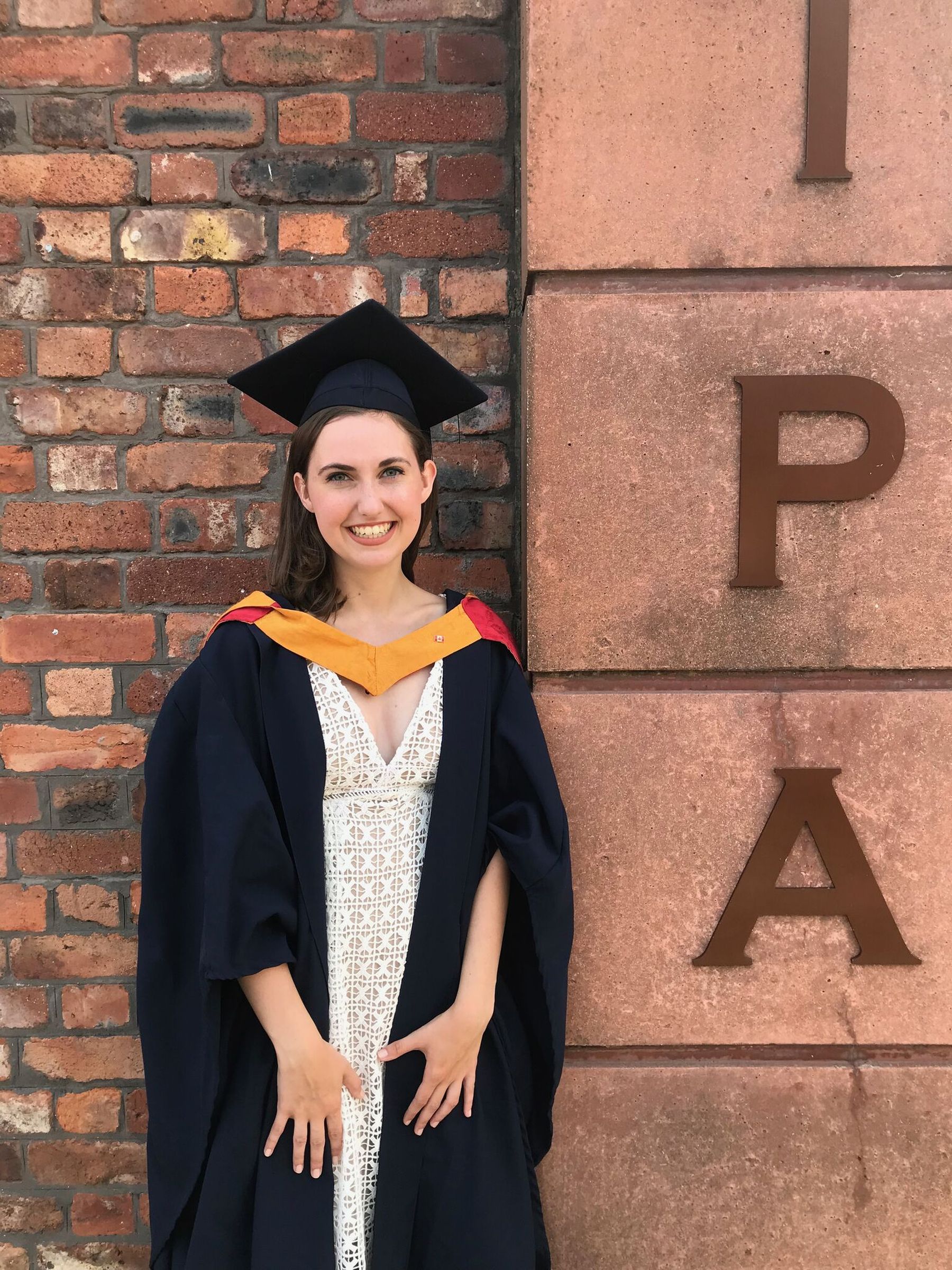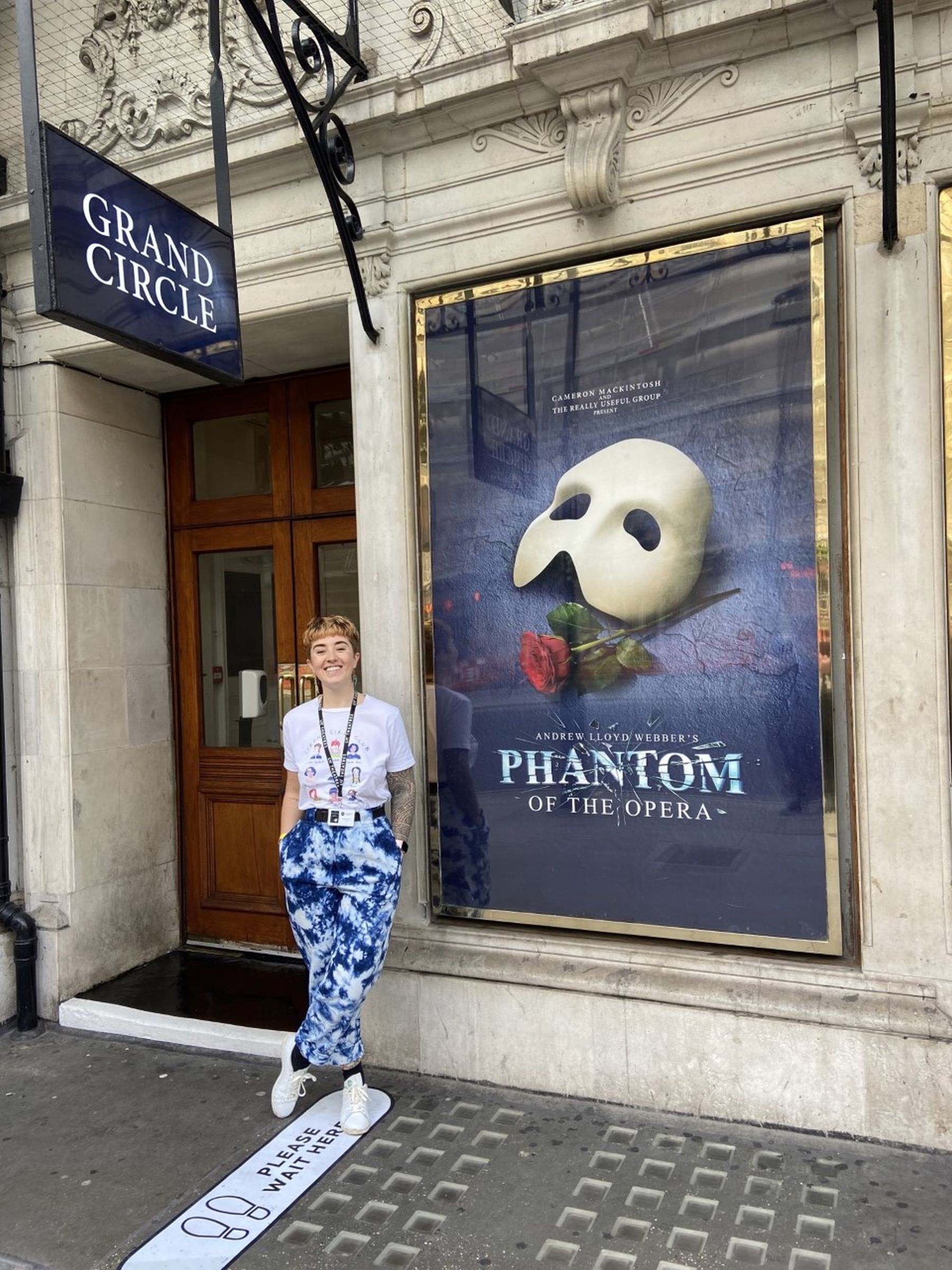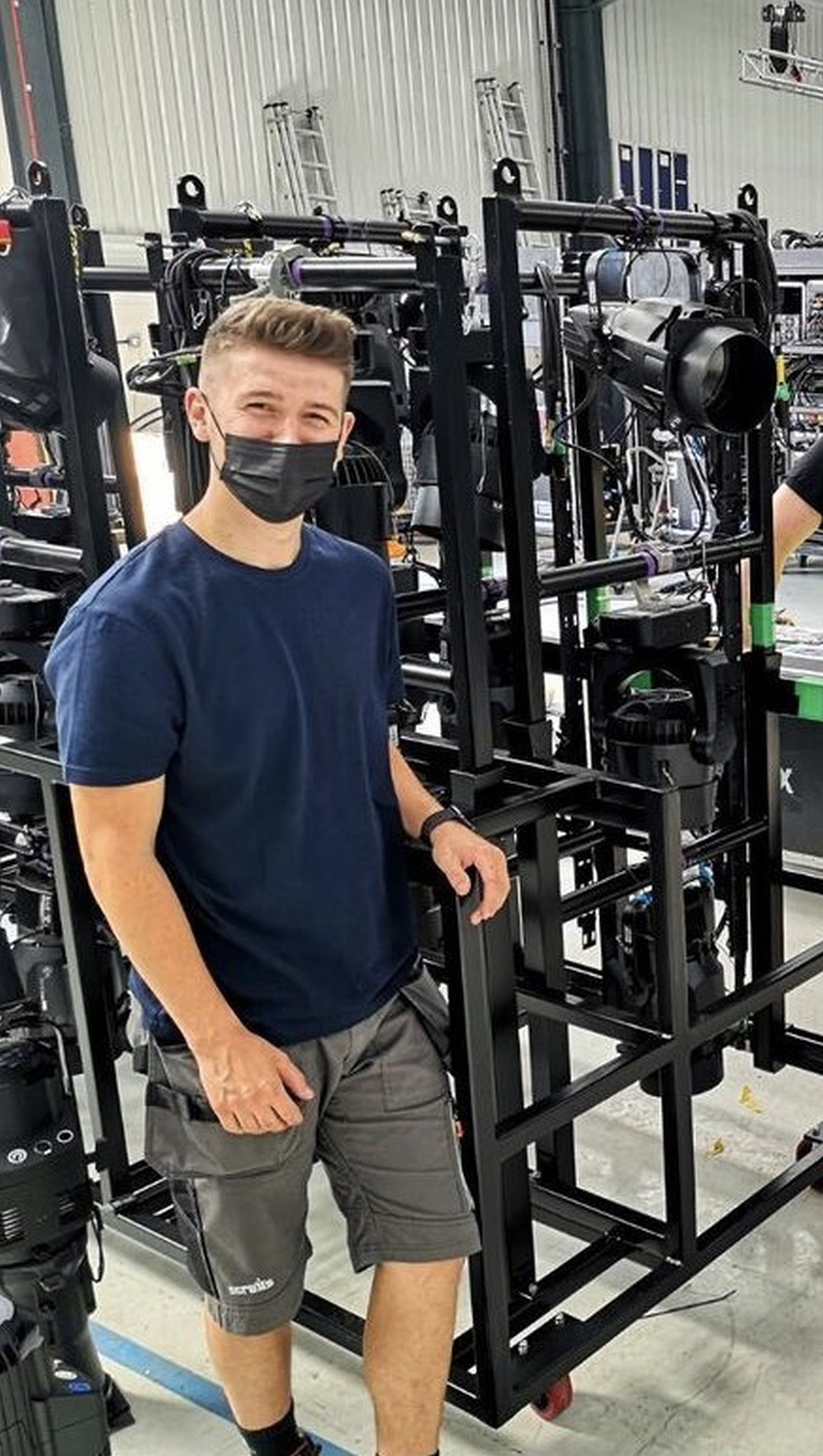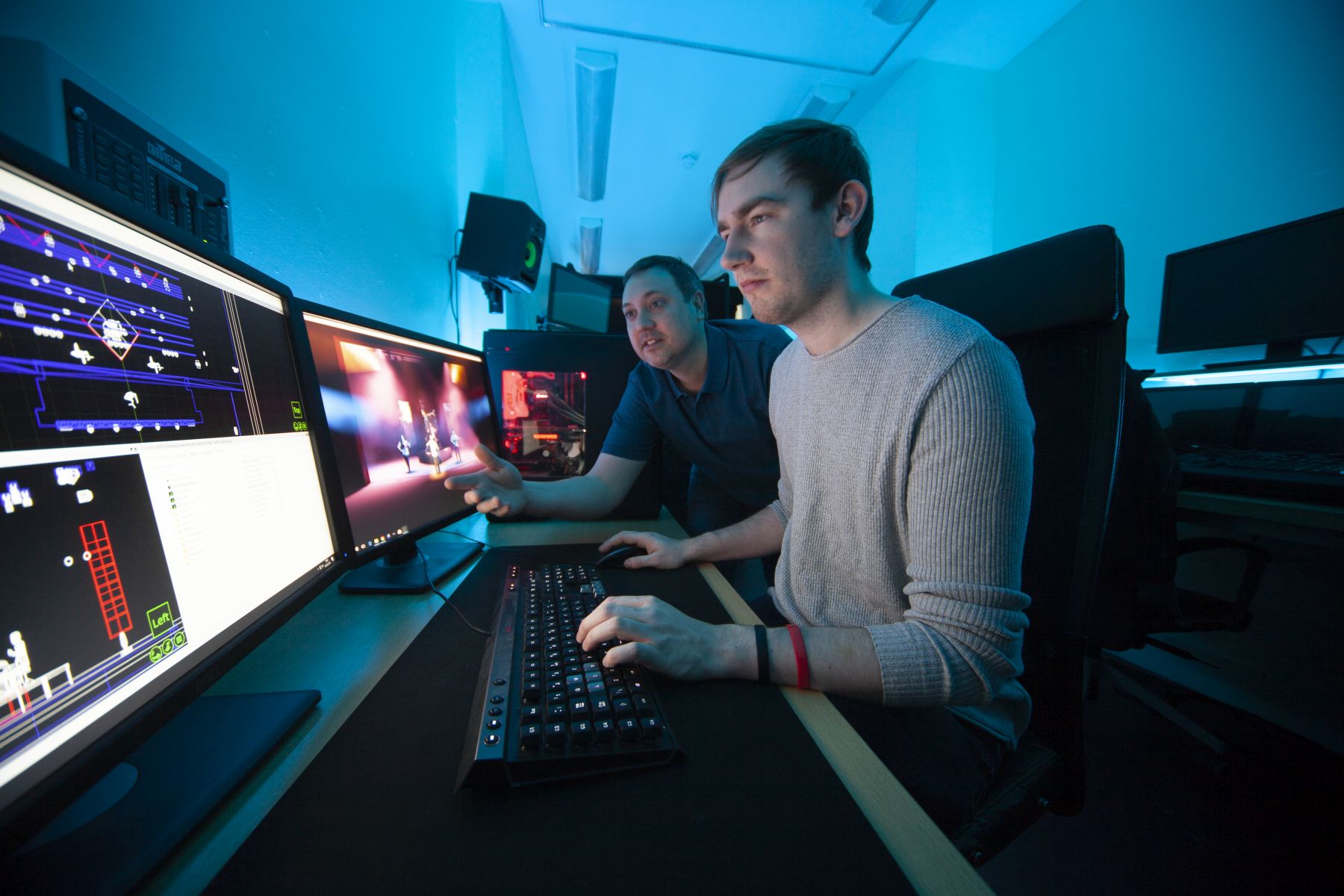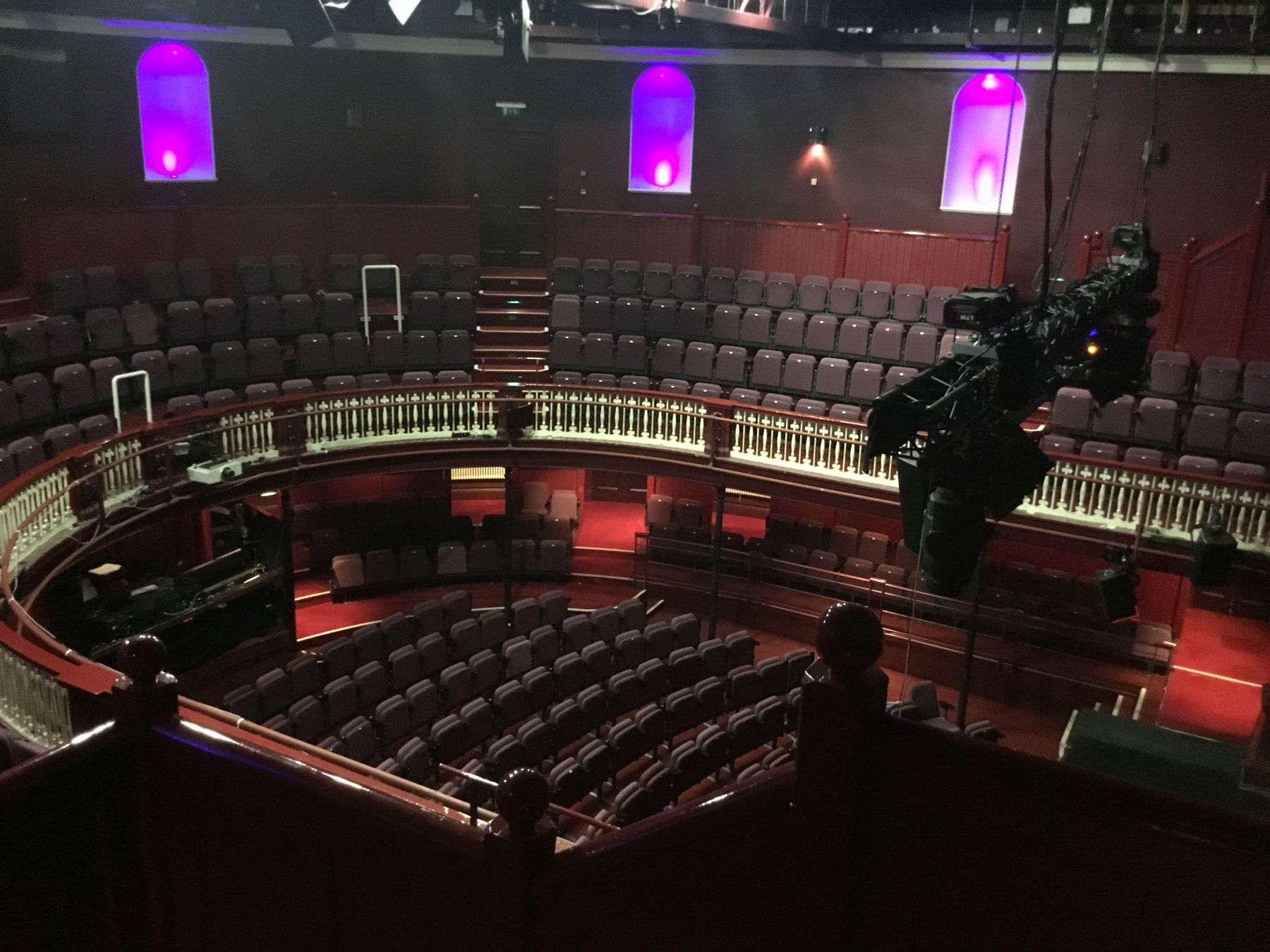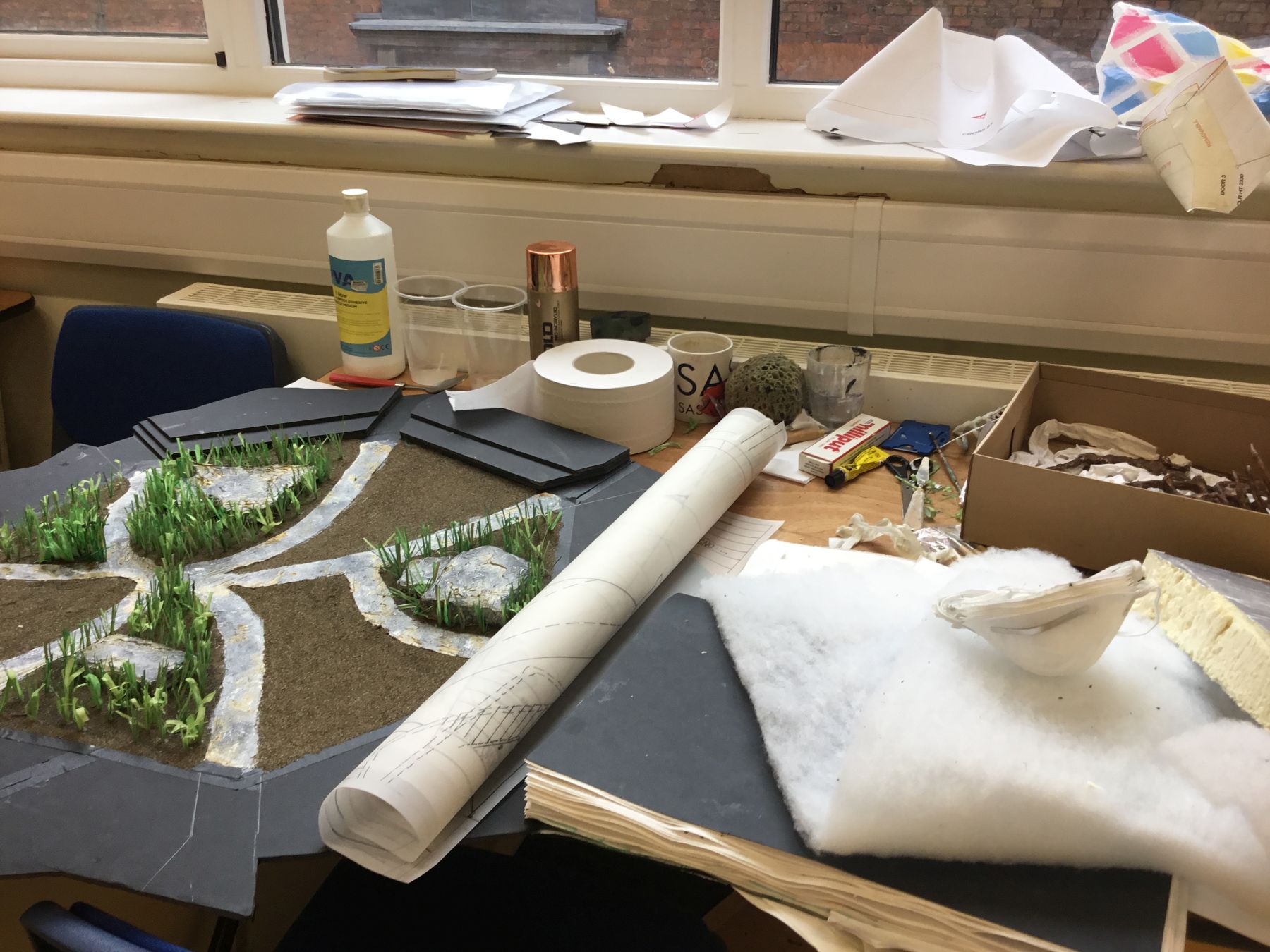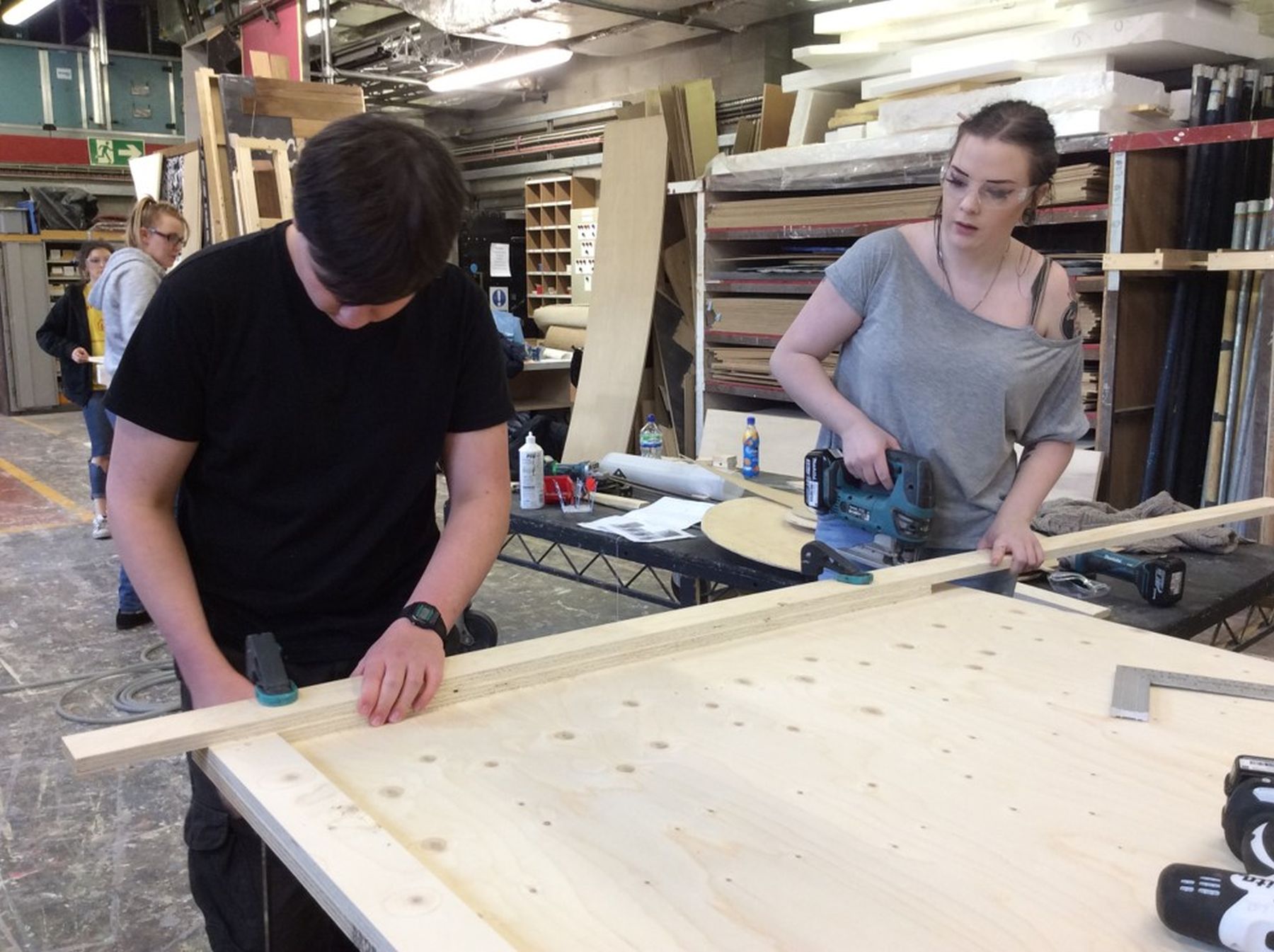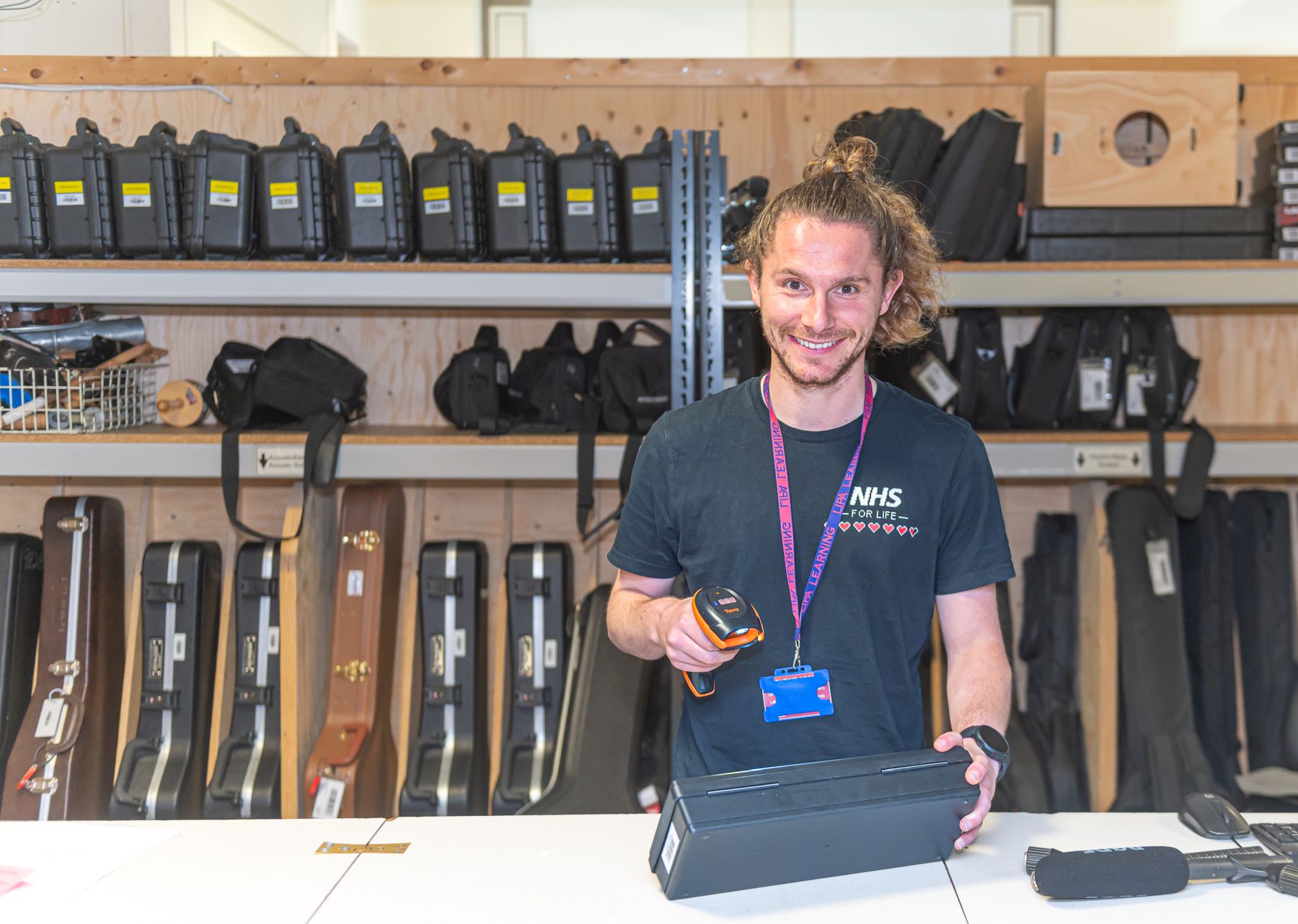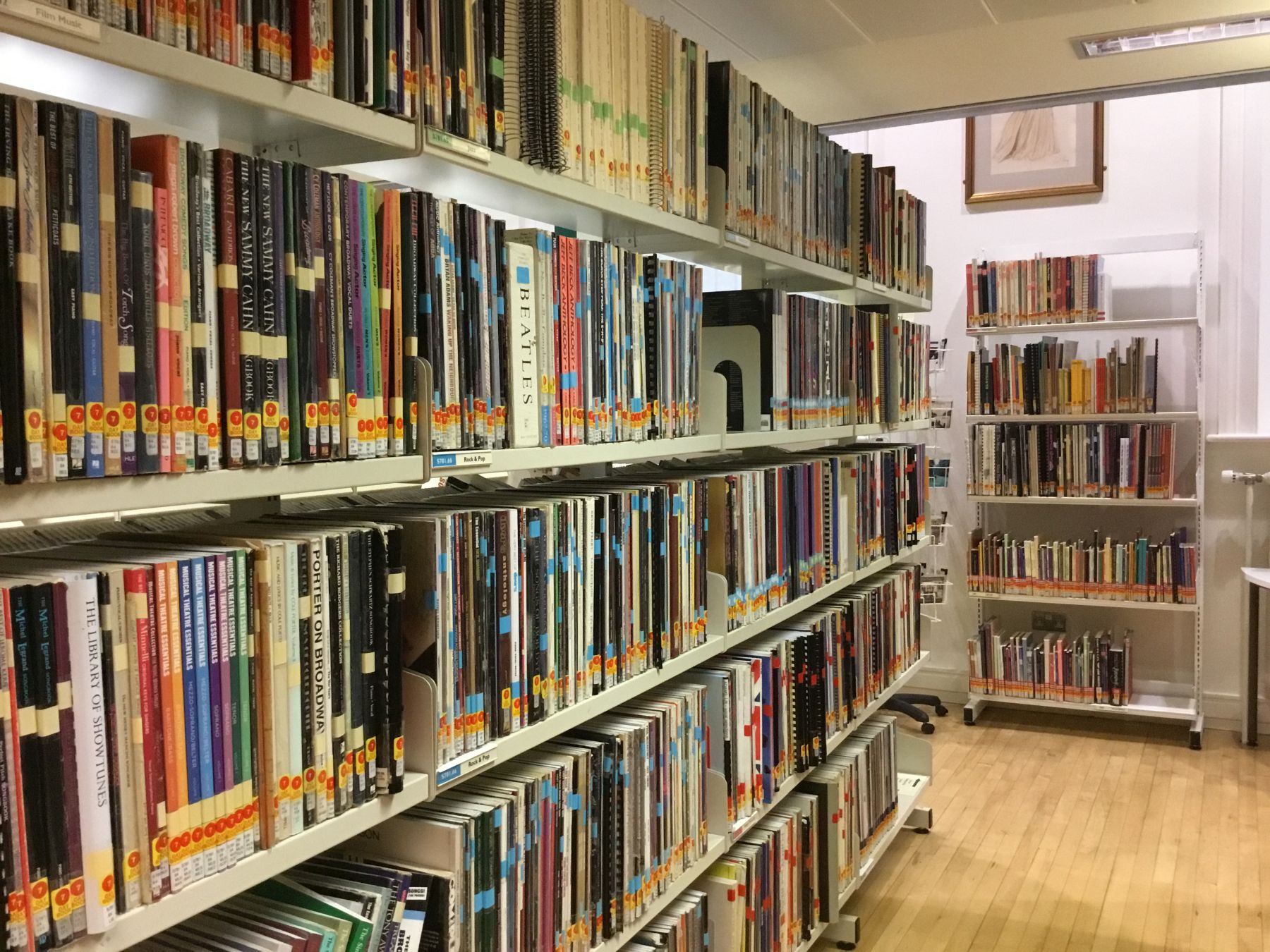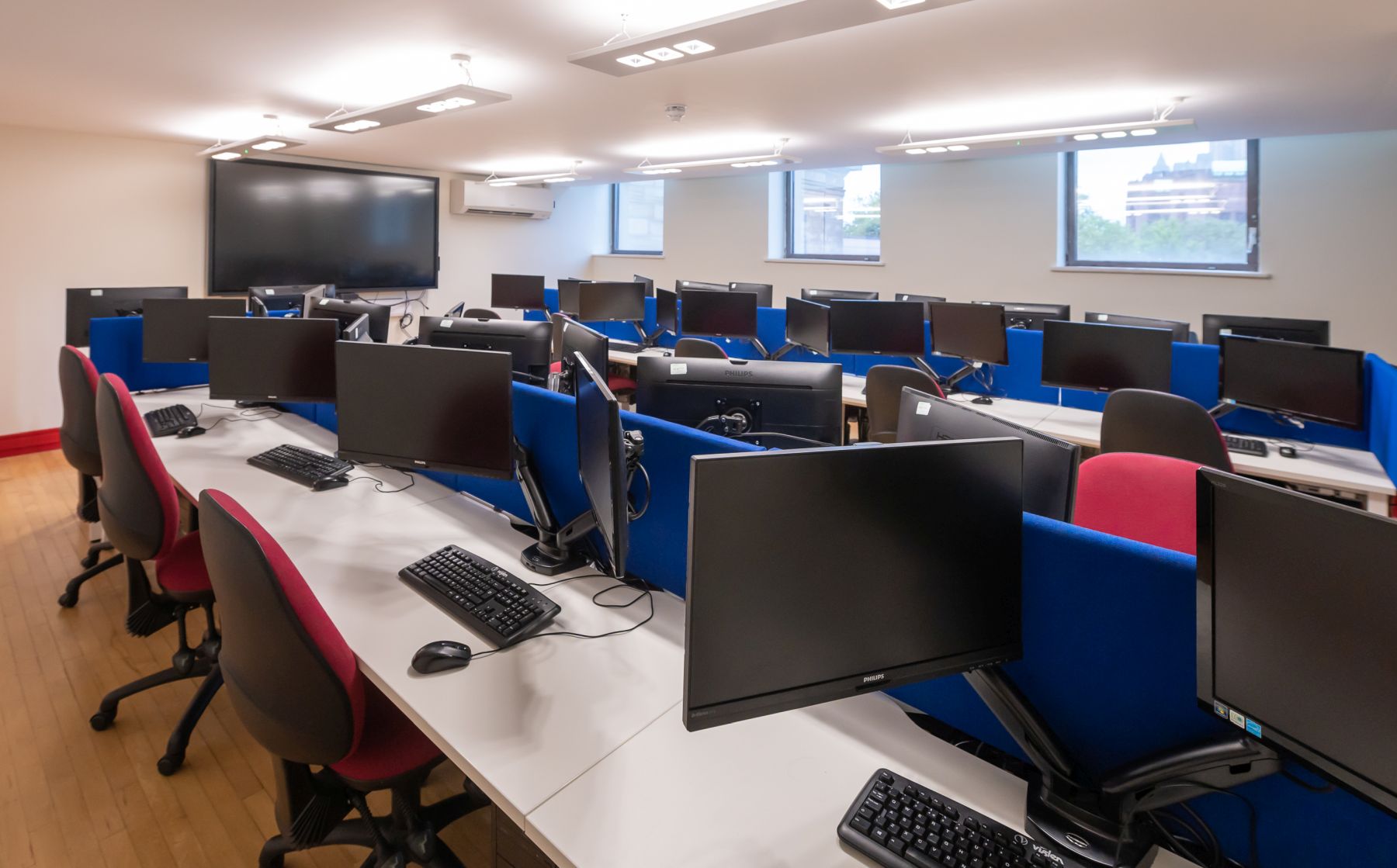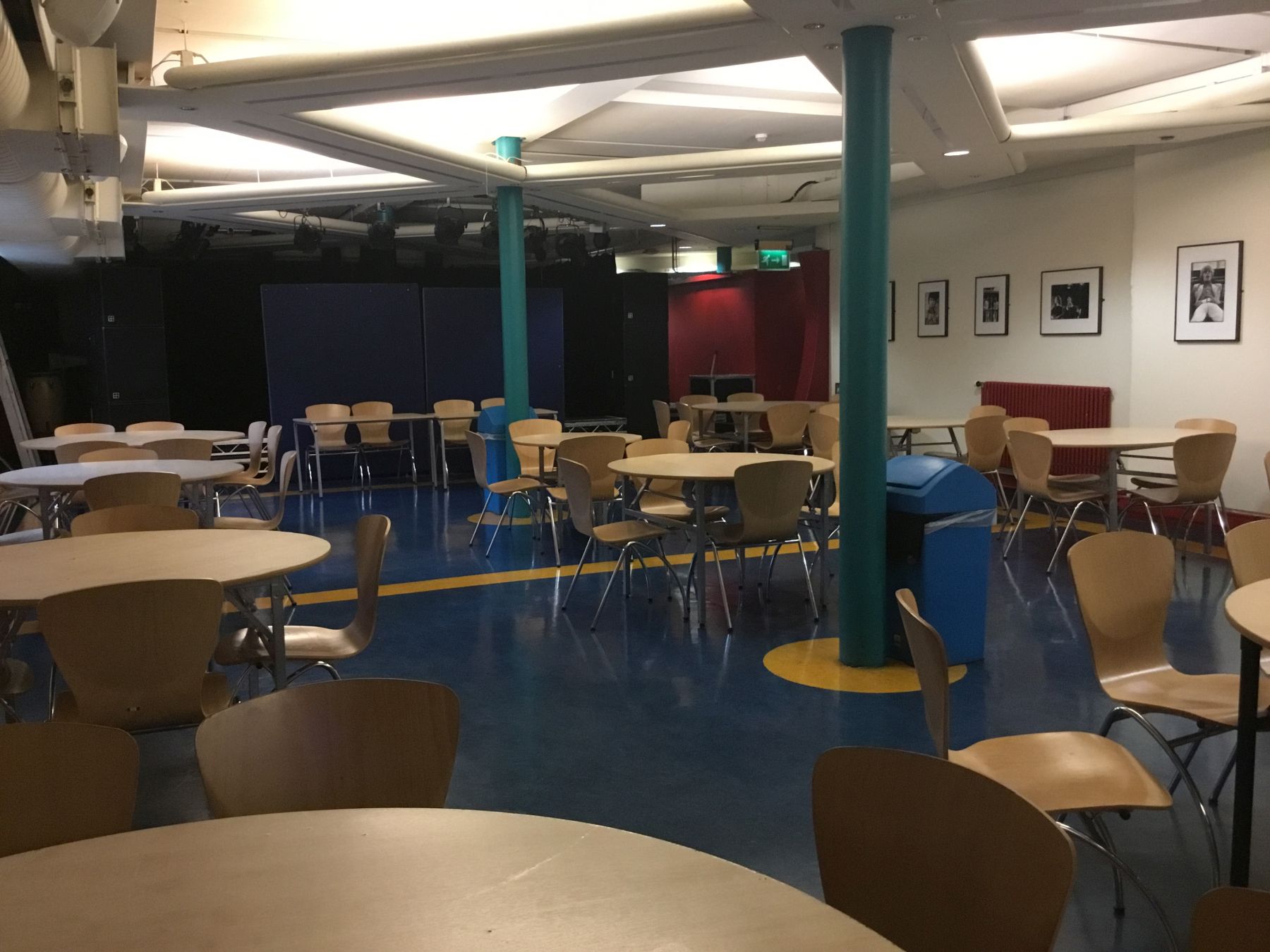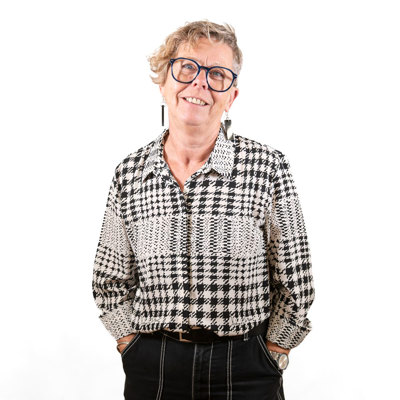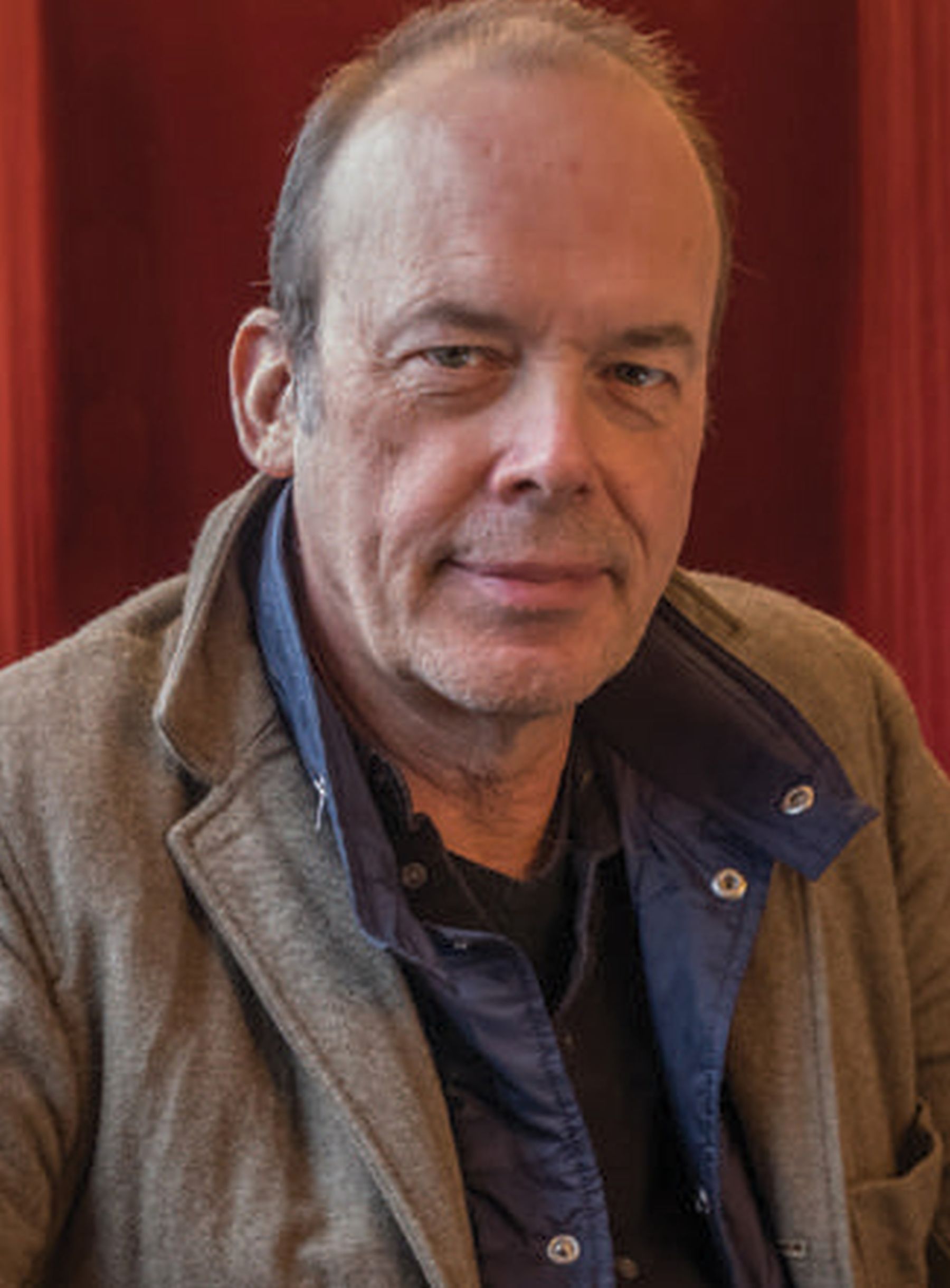Course
Overview
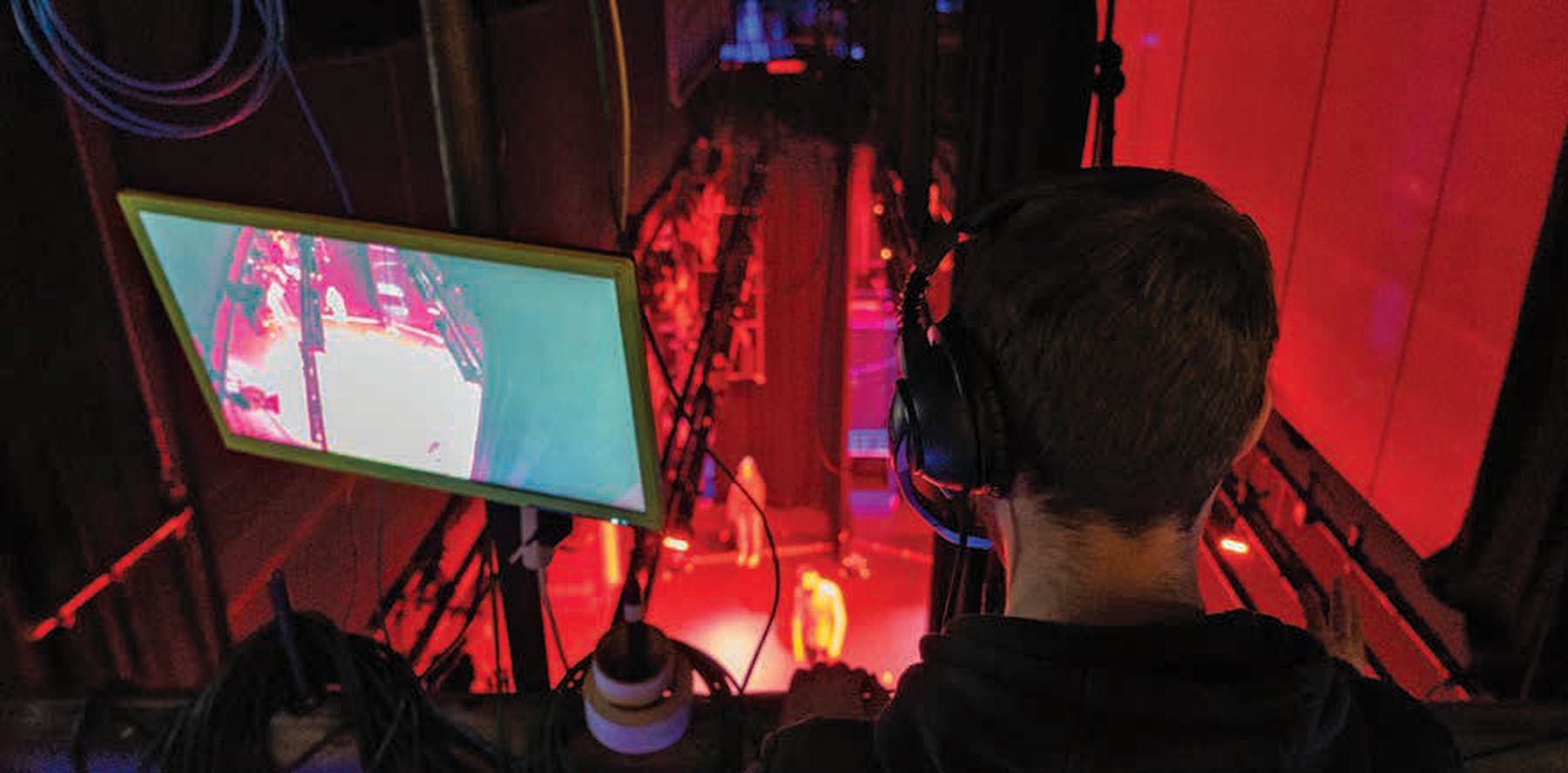
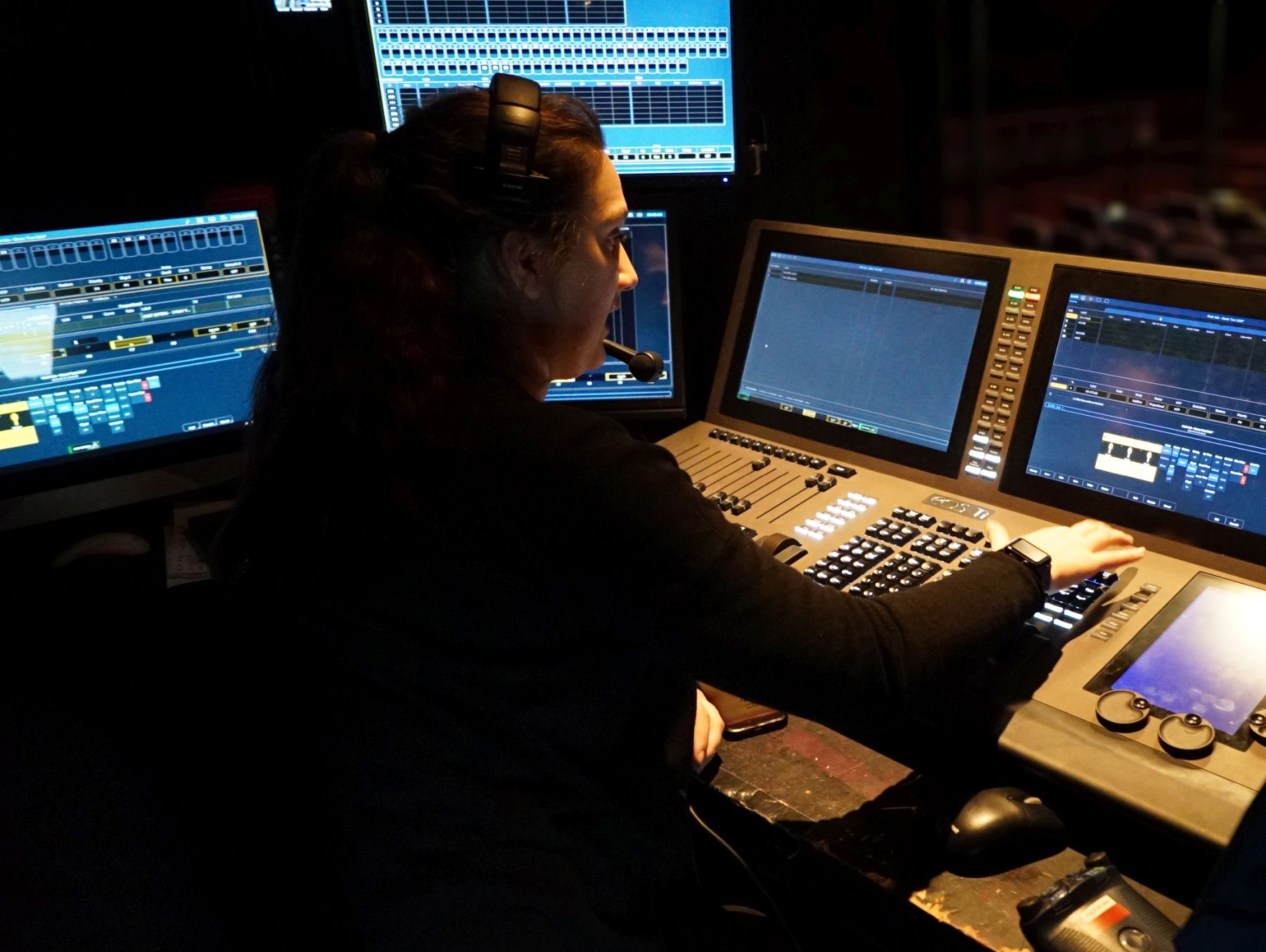
This highly practical course enables you to develop your creative design and technical skills in lighting, sound, stage management, prop making, rigging and scenic construction.
By working on our extensive programme of public performances, you become a versatile practitioner with a skillset for a career in theatre, film and TV, dance, music and site-specific performances. Our approach allows you to gain a broad range of skills in all backstage disciplines in the first year. You then use this experience to help you make an informed decision when choosing your specialist pathway in the second and third year, as you curate a compelling CV and portfolio that matches your ambitions.
Accreditated By:

What You Will
Study
Essential Production Skills
This module introduces you to the basic theories, practice, skills, and technologies used in the core backstage professions of stage management, lighting, sound, stage rigging, scenic construction and prop making. You experience a broad range of fundamental practical technical skills, underpinned by industry and discipline specific health and safety regulations and safe working practices.
This module/unit content is indicative.
Collaborative Practical Project
In this module you collaborate with first year Theatre and Performance Design students to create and realise an exhibition, installation or event. This enables you to develop and practice your planning, management, creative, fabrication and communications skills as well as using the skills learnt in the Essential Production Skills module.
This module/unit content is indicative.
Backstage Practice
In this module you choose two backstage production technician or assistant roles on LIPA’s season of public performances. It enables you to apply and advance the skills you have learnt so far, as well as develop essential collaborative and team working qualities.
This module/unit content is indicative.
Technical Drawing for Performance
In this module you are introduced to fundamental technical drawing, drafting and CAD skills as well as industry-recognised layouts of technical drawing for performance. You learn how these skills are used by all backstage production disciplines, from creating scenic construction drawings or stage and lighting plans and models with clear and accurate information, to creating animated environments for video production or creating 3D printed elements for costumes and props.
This module/unit content is indicative.
Research Project 1
This module is designed to ensure you can place your work and the work of others in both a broad socio-cultural context and within the context of the theories and practice of your own practical discipline. You develop your understanding by taking part in debates and seminars, extending your cultural reference points and developing vocational critical analytical skills.
This module/unit content is indicative.
Specialist Pathway – Lighting Design, Electrics, Programming (option)
In your second year you choose one of four specialist pathways. This module offers you in-depth study and practice in the design and technical aspects of lighting for performance. You develop your analytical and creative approach to lighting design as well as your skills and knowledge in technical lighting, electrics and lighting control programming. This gives you the understanding and experience needed to become an accomplished chief electrician/head of lighting or lighting designer.
This module/unit content is indicative.
Specialist Pathway – Sound for Performance (option)
In your second year you choose one of four specialist pathways. This module offers you in-depth study of two key aspects of live sound production – the technical and the creative. The technical covers advanced sound system design, deployment, and optimisation for live sound performance along with communication and wireless microphone and monitoring systems. The creative element explores the concepts and processes involved in theatrical sound design along with the complexities, subtleties, and challenges of the role of Theatre Sound Designer.
This module/unit content is indicative.
Specialist Pathway – Stage Management (option)
In your second year you choose one of four specialist pathways. This module offers you in-depth study of stage management and includes aspects of production management and event planning, in preparation for a career backstage in theatre and live events. You develop an understanding of the entire process of stage management by taking part in practical workshops, lecturers, and work on a live performance, either within LIPA or an external venue.
This module/unit content is indicative.
Specialist Pathway – Stage and Scenic Construction (option)
In your second year you choose one of four specialist pathways. This module offers you in-depth study and practice in technical stage management and scenic construction. You develop skills and understanding in stage operations, rigging and flying technologies, set building carpentry, welding and fabrication, prop-making and scenic sculpture, construction management and industry-related regulations. It equips you with the hands-on experience to become a skilled scenic carpenter, technical stage manager or head of stage.
This module/unit content is indicative.
Production Practice
In this module you are allocated at least two production roles related to your specialism on LIPA’s season of public performances or appropriate projects. At least one of them is at a senior assistant/deputy level bringing with it greater responsibility and challenges. You extend your practical knowledge of the role, employ a range of production skills and extend your collaborative abilities while managing responsibilities within a team.
This module/unit content is indicative.
Industry Placement
This module is a chance for you to gain industry experience in your chosen field of work. Guided by the module leader, you research suitable placements within the performance, design and production industries before selecting and securing your own placement. This module enables you to increase your understanding of industry practices, develop your CV and employability while expanding your professional network.
This module/unit content is indicative.
Research Project 2
This module further expands and deepens your awareness of cultural context by understanding how the performing arts are influenced by the social and political environment in which they operate. Through a series of lectures, masterclasses, field visits and research study you develop an appreciation of key theatre practitioners, directions, genres and national and local contemporary cultural, social and political issues in related areas of study.
This module/unit content is indicative.
Professional Practice
In this module you undertake at least two senior production roles on our professional-standard public season productions, appropriate external events or self-led individual projects which reflect your own career aspirations. This enables you to apply your specialist skills to realise a production or project in full, strengthening your self-management skills and working practices while experiencing a simulated industry environment.
This module/unit content is indicative.
Production Department
In this module you continue to work on professional level shows and productions at LIPA, but this time as a member of a backstage production department related to your specialism. You refine your practical and self-management skills within a structured work-based environment that has real responsibilities and duties, managing production processes, logistical and resource constraints and identifying and fulfilling roles and duties, working as part of a team.
This module/unit content is indicative.
Professional Career
In this module you consider your personal and professional skills and strengths as you prepare for your career. You cover business management and financial skills, such as tax self-assessment, public liability and indemnity insurances, unions, and organisations. You identify and complete a professional development activity to support your personal career portfolio.
This module/unit content is indicative.
Research Project 3
In this module you investigate an idea at the forefront of your practice. Through your work you build upon the theoretical knowledge and research skills developed throughout the course. You identify a topic to explore that is relevant to your career aspirations, conduct your own research and evaluate information, ideas and concepts from a wide range of sources to produce a final piece of work.
This module/unit content is indicative.
How You Will
Study
-
Workshops
-
Practical Productions
-
Lectures
-
Tutorials
-
Seminars
-
Group Work
-
Independent study
-
Masterclass
How You Will Be
Assessed
You are continually assessed on your practical work and contributions to projects. Written evaluations of your practical work and debriefs once a project has been completed are also part your assessment, along with portfolio projects and practical observations. You also produce a research project exploring an area of your choice.
Practical/written work ratio
80% practical work / 20% written assignments
Validation
LIPA aims to have probationary degree awarding powers from September 2025 (subject to Office for Students approval). This is an exciting step, allowing us to take full control of our curriculum and course portfolio. In the unlikely event LIPA does not achieve probationary degree awarding powers, our degrees will be validated by Liverpool John Moores University.

Sheryl-Lynne Valensky
Head of Theatre and Performance Design and Production Technology
Sheryl-Lynne has over 20 years of experience in stage management. Specialising in Musical Theatre and Circus she worked for Cirque Du Soleil for 10 years as artistic director, assistant artistic director and general stage manager, touring internationally with five shows. Sheryl-Lynne's other stage management credits include Disney Presents The Lion King and Phantom of The Opera, both in Toronto as well as numerous music and award ceremonies both live and broadcast. An experienced educator, she has previously worked at Guildford School of Acting and East 15 Acting School.
Sheryl-Lynne teaches the roles of stage manager, deputy stage manager and assistant stage manager. As Head of Department, she works closely with production teams to help ensure the quality of shows and performances is maintained and that it is the students who are driving the production process.
Sheryl-Lynne's extensive and varied experience enables her to bring a unique perspective to her teaching, highlighting to students how they too can create their own individual career path that matches their passions and strengths. Her international work means she is well equipped to give insights into practice outside the UK and highlight global opportunities.

Paul Halgarth
Course Leader Theatre & Production Technology
Paul has worked as a freelance lighting designer, re-lighter, lighting control programmer and production electrician. He has worked for the Crucible Theatre, Sheffield and West Yorkshire Playhouse, Leeds on drama, musical and dance productions, as well as co-productions with Birmingham Rep, Liverpool Everyman, Phoenix Dance Theatre and Slung Low, among many others. He exhibited a lighting design for Flight Paths at the exhibition, Make: Believe in 2015. Paul’s experience with some of the industry’s leading lighting designers and creative teams on different scale events means he can impart industry-standard practices and equip students with the skills needed to work in the field.
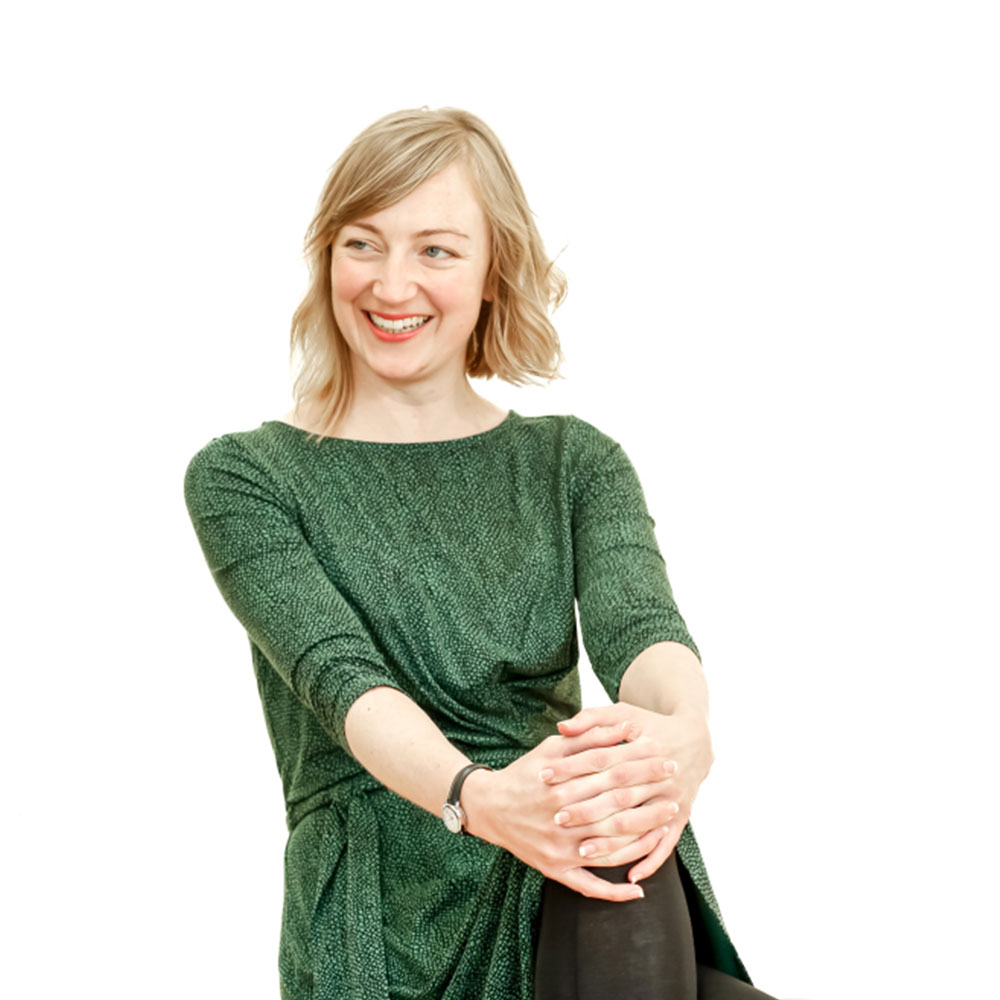
Lois Maskell
Lecturer
Lois has been shortlisted for the Linbury Prize for Stage Design and was a finalist in the BBC Design Vision competition. Recent collaborations as a set and costume designer include Action Transport Theatre, 20 Stories High, Royal Exchange in Manchester and the BBC comedy series The Mighty Boosh. In 2012, her site-specific designs for renowned company dreamthinkspeak were selected to represent UK design for performance in an exhibition at the V&A Museum in London. She believes that giving students the freedom to learn is essential for them to develop new skills. Her continued professional practice ensures her teaching is current and reflects industry standards.
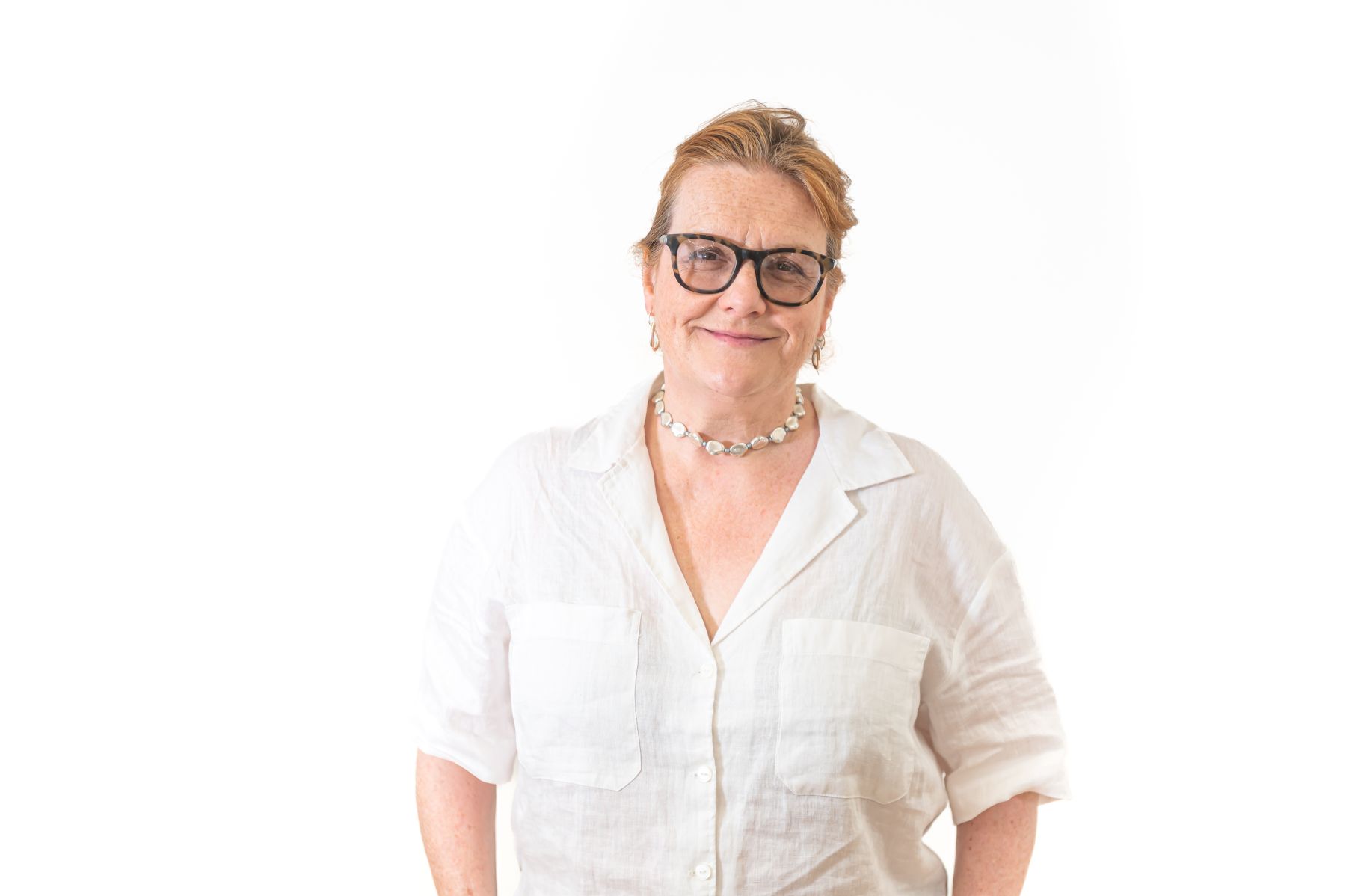
Emma Wright
Lecturer
Emma worked as a design assistant, scene painter, prop maker and production co-ordinator at a special effects creature workshop at Shepperton Studios, before becoming a production manager at the Liverpool Everyman & Playhouse. She enjoys running explorative making workshops and using her breadth of experience to mentor students on their production work, encouraging them to apply and develop their skills on varied projects. Emma feels that learning on the job is a great way to nurture practical skills, as well as a committed work ethic and collaborative skills – and hopefully have fun at the same time.
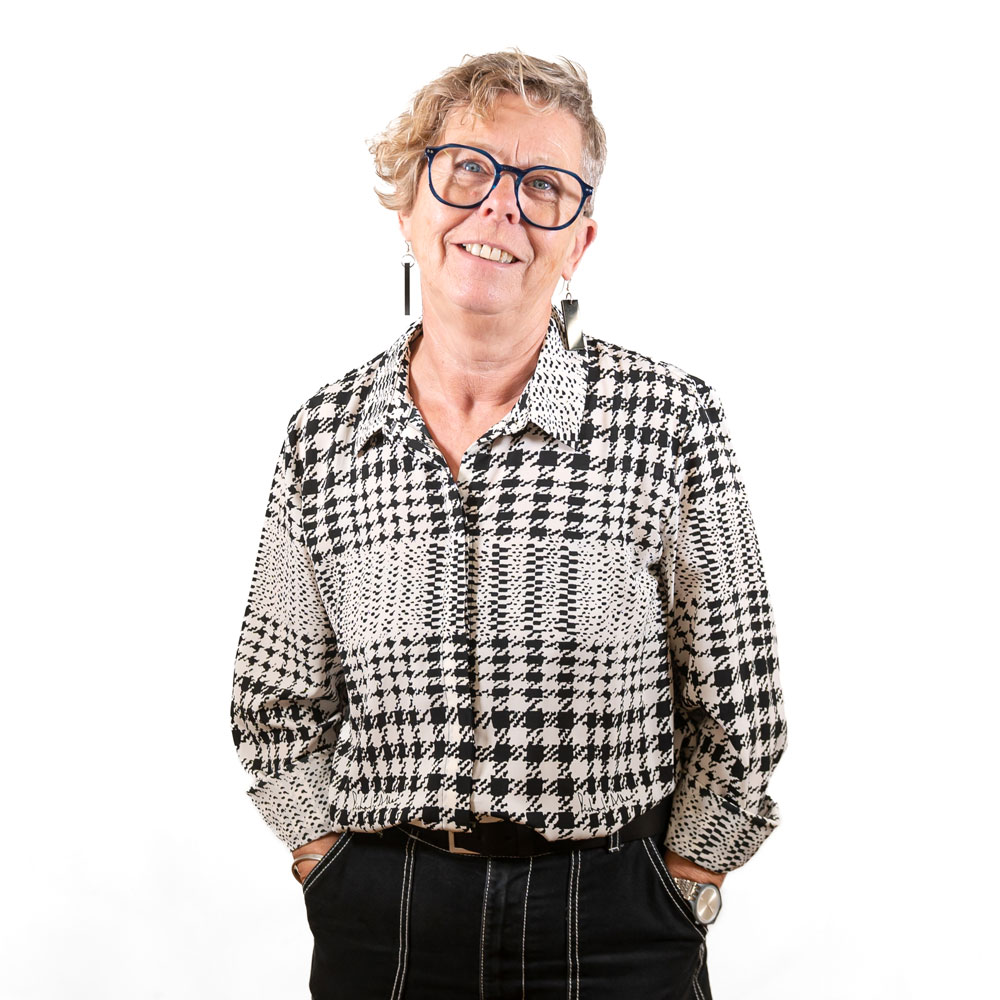
Karen Berg
Lecturer
From a very early age Karen has been passionate about clothes and costume. Having trained in Fashion Design at Loughborough College of Art & Design, she began her career in costume, as a wardrobe assistant at the prestigious Haymarket Theatre Leicester (now the Curve Theatre), during which time she had the opportunity to work with some prestigious designers and actors. The following year she became head of wardrobe in Leicester at the Phoenix Arts Centre. Her costume design career took off in Liverpool, at the Everyman Theatre where she spent 10 years as costume designer and head of costume. Since the mid-1980s Karen’s career has been firmly based in the Northwest where she has also had the opportunity to work in most areas of the industry including theatre, Film, TV and commercials. In the early part of this century Karen, worked on the award-winning teen drama Hollyoaks, as art director. In more recent years Karen has returned to the world of costume and fashion, to teach within Liverpool Education Authority, City of Liverpool Community College and now LIPA. Karen is a fully qualified teacher at post 16 years with a Cert Ed & a PGCert. Karen is also a member of The Costume Society & the teaching union, UCU and sits on LIPA’s Green Team committee, whose aim is to make LIPA a more sustainable and environmentally active institution.
What Our
Graduates Do
Our graduates work in theatre, musicals, live music, large-scale events and television in a variety of roles, including lighting technicians and programmers, lighting designers, sound designers and operators, stage managers, production managers, producers, riggers, scenic carpenters and props makers. Their career achievements have included:
Tracey Gibbs (2019)
Lighting and video designer. Lead Artist for Arts Council England funded R&D project HOYO
Kate Condon (2018)
Production coordinator for visual effects and animation studio at DNEG
Alice Barry (2017)
Project and event coordinator at Brandfuel Ltd, brand experience agency with clients such as Google.
Joshua Clague (2016)
Assistant production manager at Eventim Apollo. He also co-founded two companies and was co-director of documentary film Road of Giants, released on Amazon Prime.
Rebecca Gee (2016)
Assistant stage manager on shows including Little Shop of Horrors at the Regent’s Park Open Air Theatre and The Ferryman, 9 to 5 the Musical and Harry Potter and the Cursed Child, all West End.
Johanna Coraline Jensen (2015)
Stage manager at Hålogaland Theatre in Tromsø, Norway.
Javier Pando (2015)
Sound operator for shows including Matthew Bourne’s Swan Lake tour and Girl from the North Country, West End. He was formerly sound no. 2 for National Theatre.
Dave Baxter (2014)
Freelance lighting technician. He recently worked on Britney Spears’ Piece of Me tour around the USA and Europe. Other work includes Drake’s world tour and comedian Bill Bailey.
Jonathan Sims (2012)
Director, Events Design Company Limited. Its credits include UEFA Champions Legue Final 2021, UEFA Euros 2020, Liverpool Giants 2018.
Marec Joyce (2007)
Technical operations manager for the Pleasance Theatre Trust in Edinburgh. Responsible for the organisation’s technical operations at the Edinburgh Festival Fringe.
Educational qualifications are important but limited in what they can tell us about you.
Your natural ability, your fit with what and how we teach, your growth and your potential are also key factors in our admission process. We can’t evaluate these solely on your educational achievements, so no matter which course you are applying for, we look for the following attributes on your application and at the interview stage.
Additional Costs
As part of this course, there are likely to be some additional costs that are not included within your tuition fees. Many of these are optional. We’ve also included information about cost of living expenses in Liverpool in this section.
Equipment
There are a number of things you will be required to have at the beginning of your course. We understand that most students have to work to a very tight budget so we have limited the required tools to those that are absolutely essential for you to be able to start work here. We will send you a list of essentials before you enrol but items you are likely to need will include an LED head torch, comfortable safety (steel toe cap) shoes as well as rulers, craft knives, a junior hacksaw and a good set of drawing pens and pencils.
You may need other equipment as you progress through your studies, but in addition to these standard items Technicians will need spanners, insulated screwdrivers, a multi-tool and a tool belt, but more specific requirements will be sent to you before enrolment.
At the very end of the course each technician is required to create a professional standard portfolio. There are inevitably printing and binding costs associated with this task, but most people see it as an important investment for their future career.
Trips and training courses
As part of the various modules on the programme, some class trips may be offered to help support your learning. Some of these will form part of the curriculum but most will be important additions to your work. Some trips may be free or subsidised but you may be required to cover some costs yourself.
Throughout your studies there will also be opportunities to attend training courses that will help you enhance your skills and employability. These are not compulsory but you will have to make a contribution towards the cost of the training courses you choose to attend. The opportunities offered vary each year but past courses have included First Aid training and Cueing to Music.
Seeing shows
You should see live performances as often as you can. This is not a compulsory, but it will help your development as a technician. Theatre visits are not covered by your tuition fees, so you’ll need to cover these costs yourself. Most theatres offer student discounts for tickets (becoming a member of YEP means you have access to cheap tickets at the Liverpool Playhouse and Everyman Theatre) and we are occasionally offered a limited number of free or discounted tickets for shows in the city. We also encourage you to see all LIPA shows. We offer discounted student tickets to make this as affordable as possible. Every year we organise trips to theatres in Manchester. In these cases, ticket costs and travel needs to be met by each individual.
Cost of living
Wherever you choose to study, you'll have to budget for accommodation and other everyday living expenses, such as food and bills.
Liverpool is one the UK's cheapest student cities. Accommodation costs are relatively low, particularly compared to the south east of England, and the city's shops and entertainment venues also have lots of student discounts.
We’d recommend completing a simple budget plan to predict your income and outgoings. This should include accommodation, bills, insurance, TV licence, food, laundry, clothes, books, travel and socialising. How much you'll want to spend on a lot of these is completely personal.
There is lots of advice available online about budgeting:
- UCAS budget calculator is a great tool to help you balance your in-comings and out-goings.
- SaveTheStudent provides useful information on student money resources, including loans, budgeting, and scholarship sources.
Most UK students will be able to take out a maintenance loan to assist with living costs and there are some grants available. We also offer some bursaries. To find out more, please see Student Finance and bursaries.
Because our courses are intensive and we have a busy season of student performances, options for part-time work during our teaching periods can be limited. However, many of our students gain flexible part-time work, in performance venues, shops, restaurants and bars. We also provide casual work opportunities for our students ranging from stewarding work on our productions to working with young people to help us widen access to our courses. The long summer break is when many of our students choose to work.
Additional Costs
As part of this course, there are likely to be some additional costs that are not included within your tuition fees. Many of these are optional. We’ve also included information about cost of living expenses in Liverpool in this section.
Equipment
There are a number of things you will be required to have at the beginning of your course. We understand that most students have to work to a very tight budget so we have limited the required tools to those that are absolutely essential for you to be able to start work here. We will send you a list of essentials before you enrol but items you are likely to need will include an LED head torch, comfortable safety (steel toe cap) shoes as well as rulers, craft knives, a junior hacksaw and a good set of drawing pens and pencils.
You may need other equipment as you progress through your studies, but in addition to these standard items Technicians will need spanners, insulated screwdrivers, a multi-tool and a tool belt, but more specific requirements will be sent to you before enrolment.
At the very end of the course each technician is required to create a professional standard portfolio. There are inevitably printing and binding costs associated with this task, but most people see it as an important investment for their future career.
Trips and training courses
As part of the various modules on the programme, some class trips may be offered to help support your learning. Some of these will form part of the curriculum but most will be important additions to your work. Some trips may be free or subsidised but you may be required to cover some costs yourself.
Throughout your studies there will also be opportunities to attend training courses that will help you enhance your skills and employability. These are not compulsory but you will have to make a contribution towards the cost of the training courses you choose to attend. The opportunities offered vary each year but past courses have included First Aid training and Cueing to Music.
Seeing shows
You should see live performances as often as you can. This is not a compulsory, but it will help your development as a technician. Theatre visits are not covered by your tuition fees, so you’ll need to cover these costs yourself. Most theatres offer student discounts for tickets (becoming a member of YEP means you have access to cheap tickets at the Liverpool Playhouse and Everyman Theatre) and we are occasionally offered a limited number of free or discounted tickets for shows in the city. We also encourage you to see all LIPA shows. We offer discounted student tickets to make this as affordable as possible. Every year we organise trips to theatres in Manchester. In these cases, ticket costs and travel needs to be met by each individual.
Cost of living
Wherever you choose to study, you'll have to budget for accommodation and other everyday living expenses, such as food and bills.
Liverpool is one the UK's cheapest student cities. Accommodation costs are relatively low, particularly compared to the south east of England, and the city's shops and entertainment venues also have lots of student discounts.
We’d recommend completing a simple budget plan to predict your income and outgoings. This should include accommodation, bills, insurance, TV licence, food, laundry, clothes, books, travel and socialising. How much you'll want to spend on a lot of these is completely personal.
There is lots of advice available online about budgeting:
- UCAS budget calculator is a great tool to help you balance your in-comings and out-goings.
- SaveTheStudent provides useful information on student money resources, including loans, budgeting, and scholarship sources.
Because our courses are intensive and we have a busy season of student performances, options for part-time work during our teaching periods can be limited. However, many of our students gain flexible part-time work, in performance venues, shops, restaurants and bars. We also provide casual work opportunities for our students ranging from stewarding work on our productions to working with young people to help us widen access to our courses. The long summer break is when many of our students choose to work.






